Methuselah’s Children by Robert A. Heinlein
Methuselah’s Children introduces us to Lazarus Long, a popular character in several of Robert A. Heinlein’s books. Lazarus, who wears a kilt (but there’s guns strapped to his thighs!) and can’t remember how old he is, is descended from one of several families who, long ago, were bred for their health and longevity. Lazarus and his extended clan live very long lives — so long that they must eventually fake their own deaths and take new identities so that others don’t get suspicious about their supernatural abilities.
Read More

 (1907-1988)
(1907-1988)

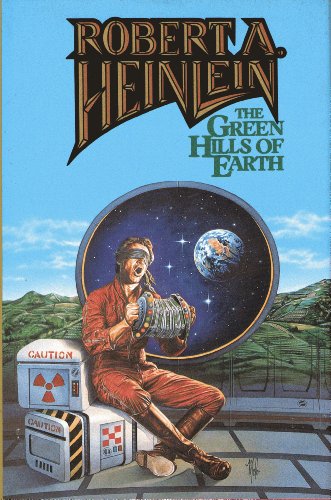

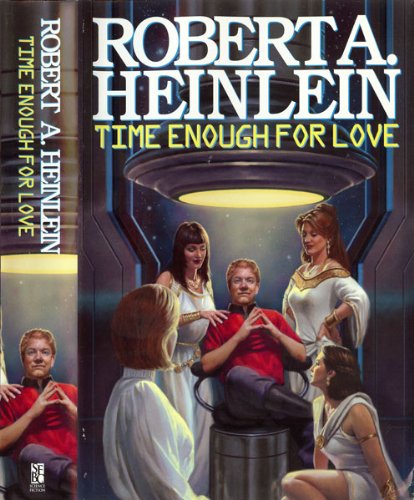

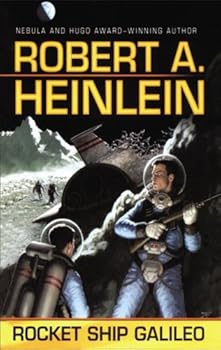
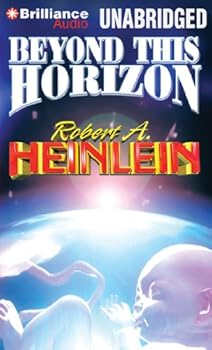


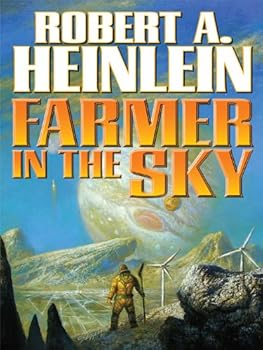





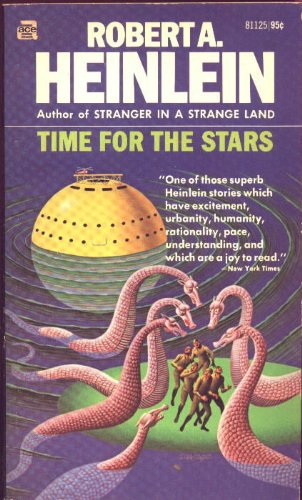
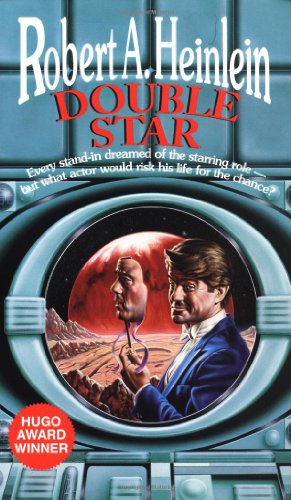

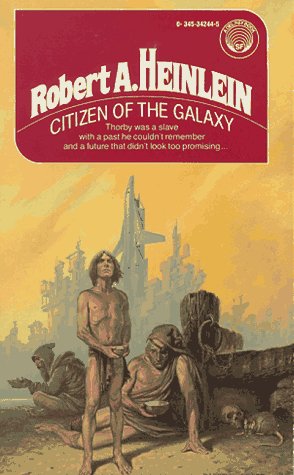










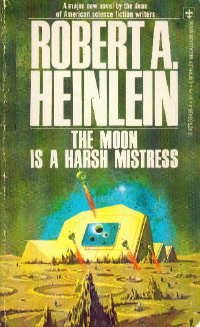






We’re in total agreement David!
I felt just the same. The prose and character work was excellent. The larger story was unsatisfying, especially compared to…
Hmmm. I think I'll pass.
COMMENT Was I hinting that? I wasn't aware of it. But now that you mention it.... 🤔
So it sounds like you're hinting Fox may have had three or so different incomplete stories that he stitched together,…